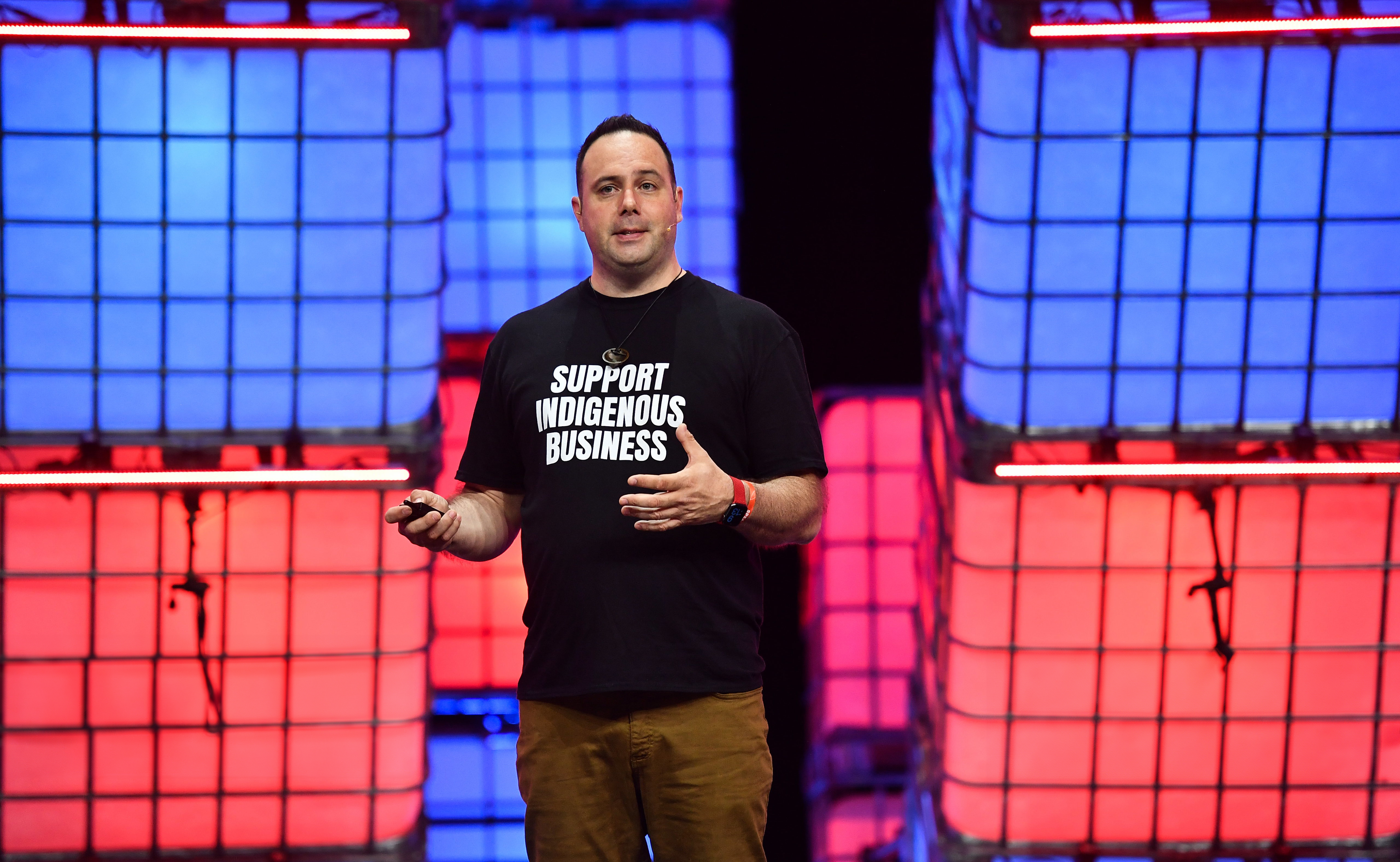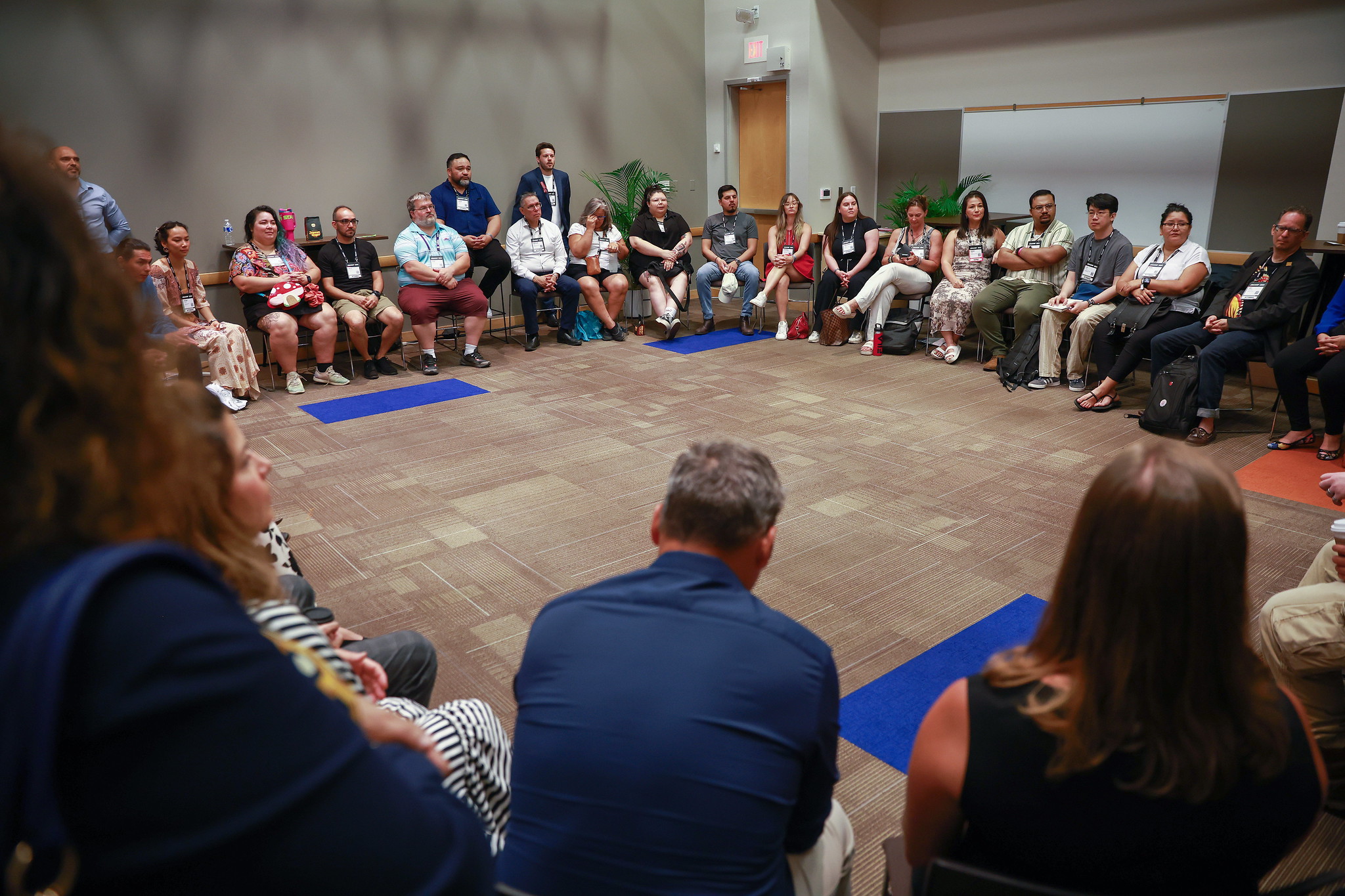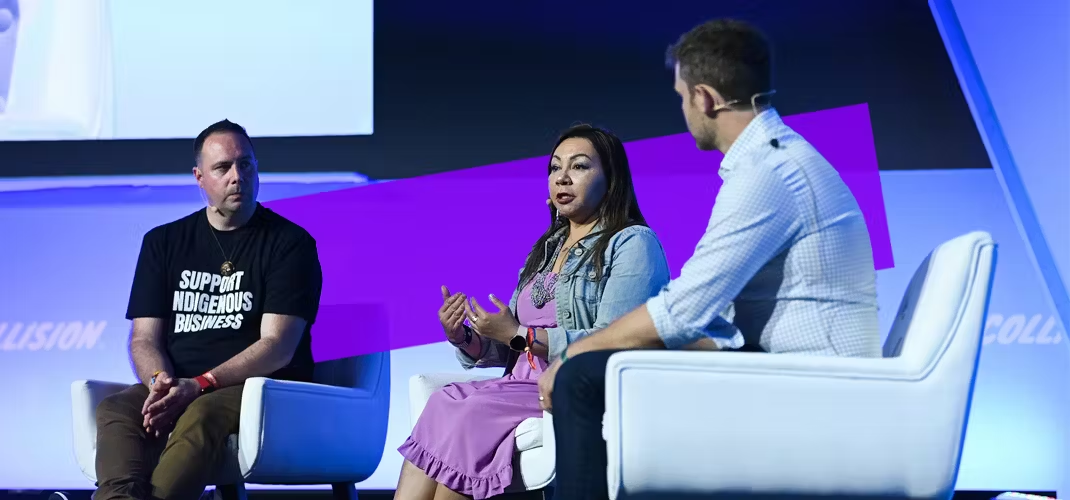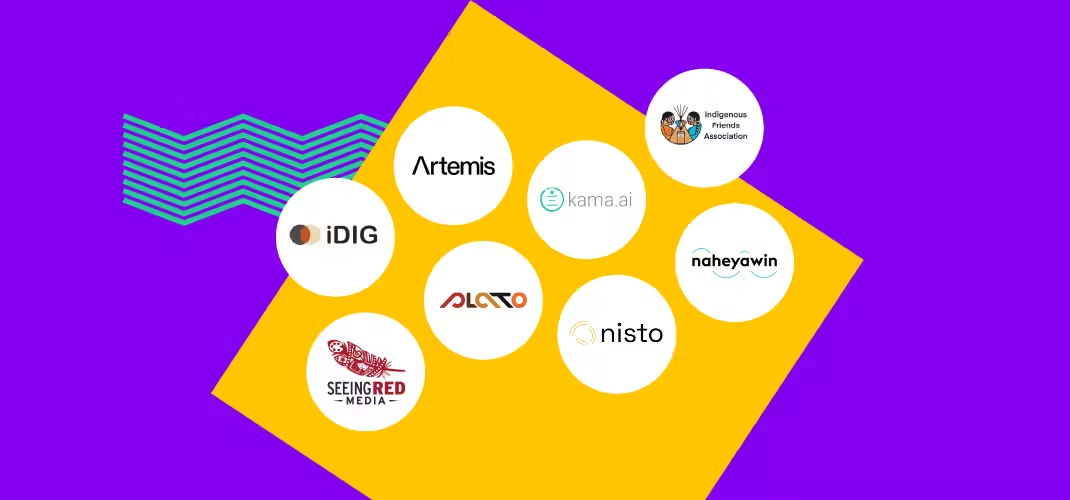
Animikii: How tech can commit to truth and reconciliation


Web Summit’s Indigenous Attendee Program aims to facilitate greater opportunities for respectful and meaningful relationship-building between technology professionals and Indigenous communities. Here, our community partners Animikii explain how this works in practice.
“Reconciliation is about all people in this land coming together no matter what their cultural worldview, learning to live together side-by-side, respecting each other,” says Chief Dr Robert Joseph, hereditary chief of the Gwawaenuk First Nation.
Chief Joseph – a survivor of the Indian residential school system – is an advocate for truth and reconciliation: “How can we not celebrate diversity? When we truly believe in each other, we will know that we don’t need to assimilate or homogenize every idea. Our strength, our beauty, will be in difference and diversity.”
One way entrepreneurs, startups and businesses can approach relationship-building with Indigenous peoples is by taking the steps outlined for businesses to follow the Truth and Reconciliation Commission of Canada (TRC).
What is Call to Action 92?
In 2015, the TRC released its report on the legacy of residential schools with 94 “Calls to Action” for specific audiences in Canada. Call to Action 92 is specifically addressed to the business community in Canada.
Call to Action 92 outlines three main types of action:
How can your organization work toward Call to Action 92
Building respectful relationships
For technology companies, ensuring that Indigenous Data Sovereignty is recognized and understood is the foundation of respectful relationships.
This means implementing best practices in handling Indigenous data with respect and transparency in all your business activities when working with Indigenous communities and organizations.
Collision attendees can join Animikii founder and CEO Jeff Ward, former Manitoba Keewatinowi Okimakanak (MKO) grand chief Sheila North and Canadian Medical Association president Alika Lafontaine as they discuss ways to support Indigenous Data Sovereignty on June 27 from 12.35pm to 12.55pm (ET) at the Future Societies stage.
Access to training, education and careers
Think locally first. Whose land are you on? Understanding which nations are closest to where you operate will help you better understand which communities you should be supporting.
Actively seek out the next generation of Indigenous tech professionals for your organization by sponsoring paid internships, scholarships and training programs for Indigenous students in technology.
Paying attention to Indigenous people who already work with you is another important way to foster reconciliation in your workplace. How might people in your organization react if they find out about negative experiences or if an Indigenous person experiences racism?
Effective education for staff on Indigenous issues
Ensure your leadership team takes a moment to stop and reflect on the ongoing impacts of the residential school system in Canada. Discuss Call to Action 92, then make it a regular topic at the leadership table.
Explore cultural safety programs for your staff to create respectful, safe working environments for Indigenous peoples and other marginalized groups. The call to action reminds everyone: “This will require skills-based training in intercultural competency, conflict resolution, human rights, and anti-racism.” How might your organization put in place programs to ensure these are core competencies in your workplace?
Education on Indigenous topics should be made available many times throughout the year.
Commit to the first steps
The technology industry is growing faster than ever, and part of committing to meaningful reconciliation is including Indigenous peoples in that growth.
Today’s technology leaders can be an important part of reconciliation by committing to building meaningful relationships and implementing the recommended actions in Call to Action 92.
This article was written by our partners at Animikii Indigenous Technology.
Find out more about Web Summit Vancouver’s Indigenous Attendee Program here.

